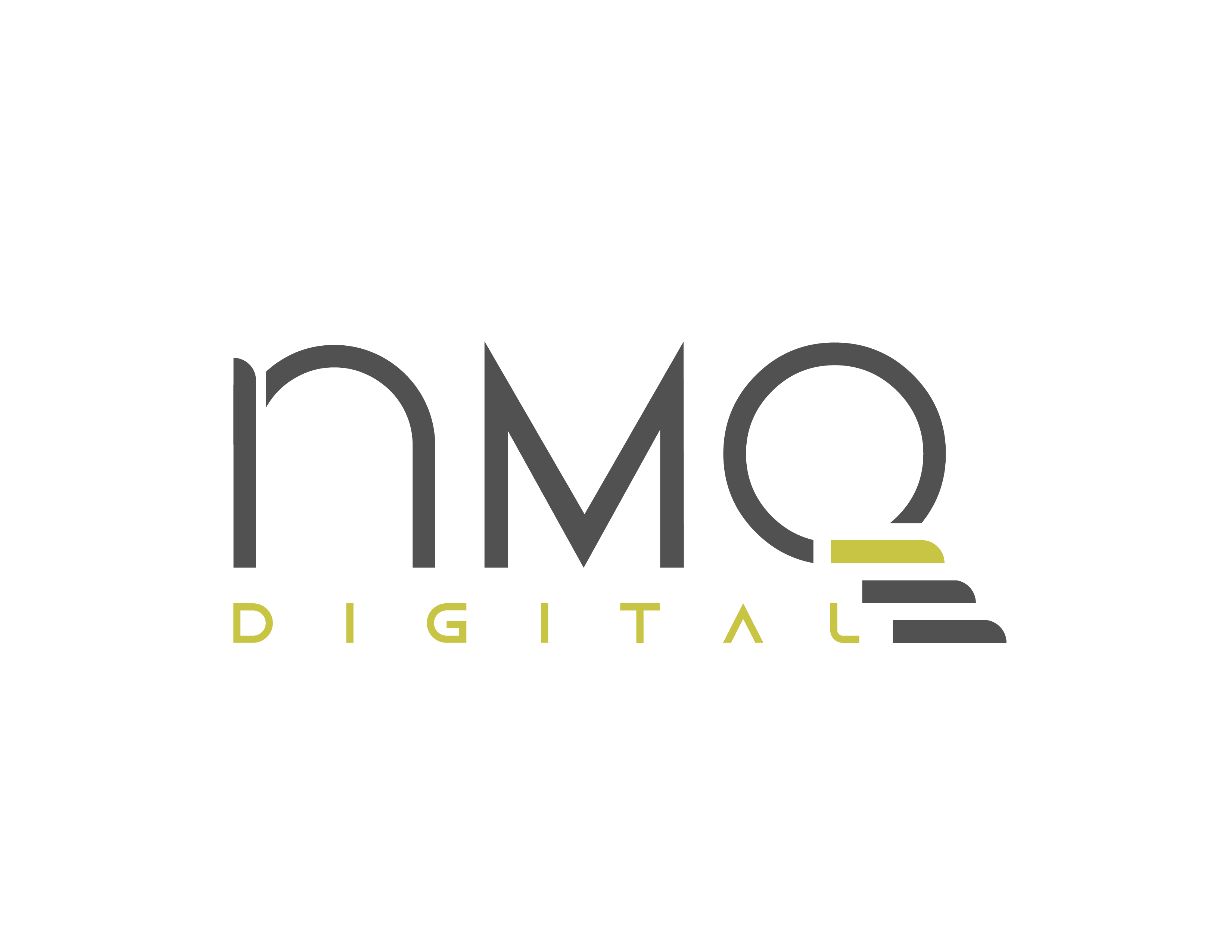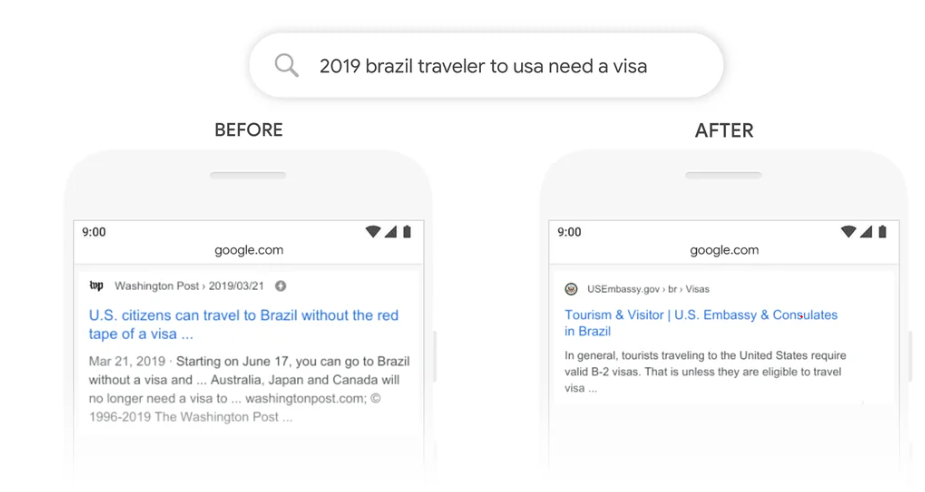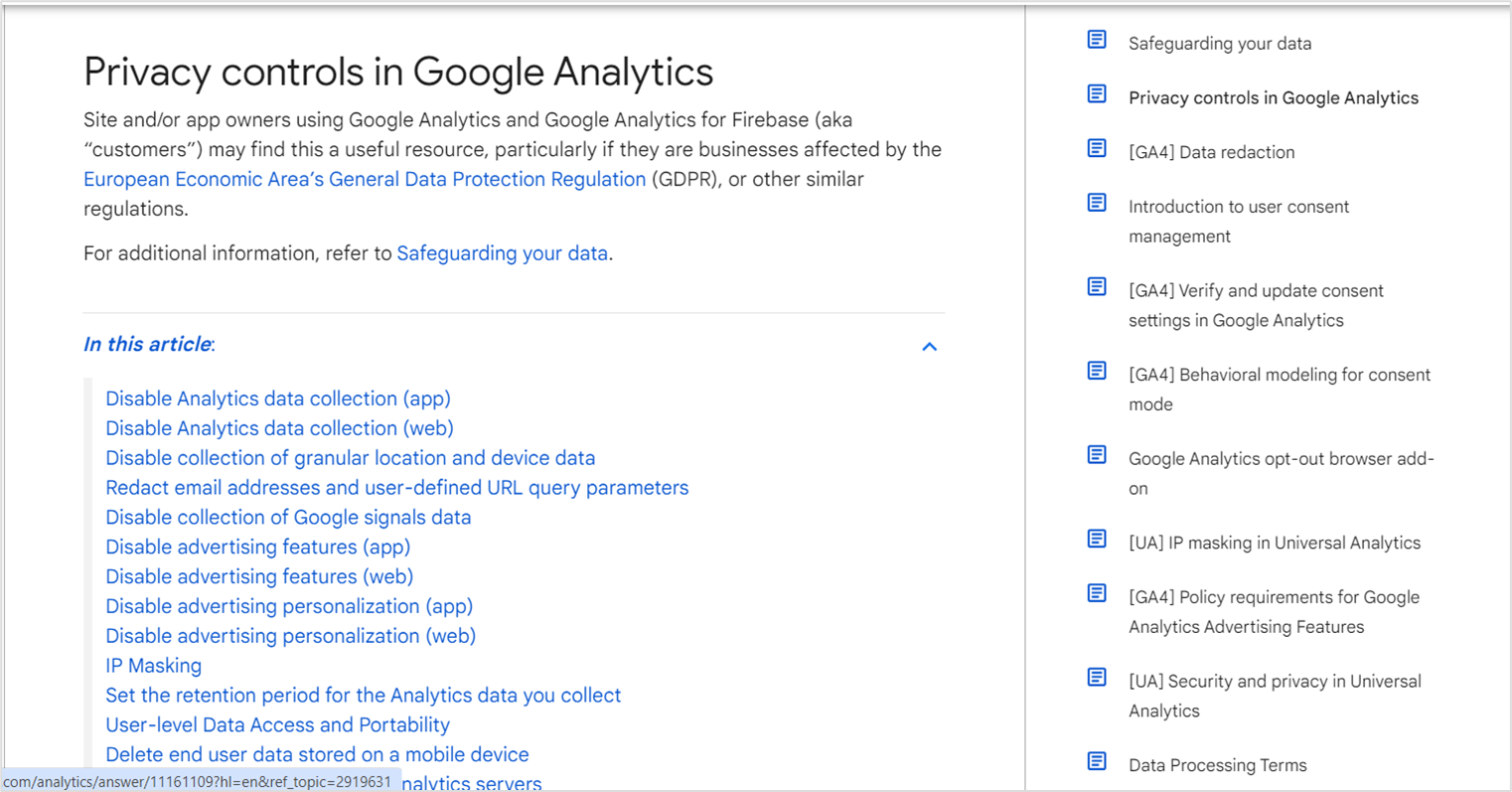In today's fast-changing digital world, data is key to making smart decisions. To enhance your data tracking and decision-making, you need to catch up with what is happening in the market.
One of the big events taking place this year for marketers is the migration from GA3 to GA4. Google has announced that standard UA properties stopped processing data on July 1, 2023. While enterprise UA has an extension until July 1, 2024, migrating now allows for data collection and familiarity with GA4. After July 1st, you will not be able to access your data in UA anymore (Google).
So, that is why last week we hosted Melik Masarifoglu, who is Sr. Data Analyst at NMQ Digital. We wanted to discuss the reasons for the switch, compare the tools, and give you some practical information on migration.
So, here we go;
1. Can you tell us a little bit about what is happening in the data & analytics domain nowadays? What are the things you observe?
Absolutely! The field of data analytics domain is evolving rapidly, driven by advancements in AI technology and machine learning models. Large Language Models are powerful game changers in the field of artificial intelligence. Their unprecedented capabilities to understand, process, and generate human-like text have transformed the way we interact with technology, setting a new standard for efficiency, innovation, and communication.
Applying BERT (Bidirectional Encoder Representations from Transformers) models to Search in Google: 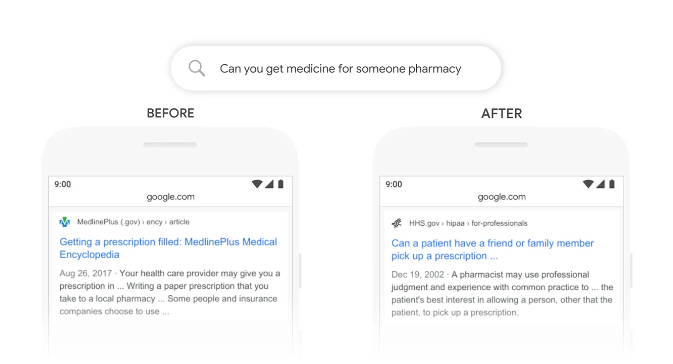
Particularly for longer, more conversational queries, or searches where prepositions like “for” and “to” matter a lot to the meaning, Google will be able to understand the context of the words in your query. You can search in a way that feels natural for you.
Here’s a search for “2019 Brazilian traveler to USA needs a visa.” The word “to” and its relationship to the other words in the query are particularly important to understanding the meaning. It’s about a Brazilian traveling to the U.S. and not the other way around.
The components of this update are:
- Chatgpt
- Microsoft Copilot
- Windows
- Excel
- Powerpoint
- Google Gemini (Formerly known as Bart)
So, we can say the application of these tools in digital marketing is immense and with the right guidance, they can be very powerful to take your business to the next level.
They can assist in:
- Writing emails
- Writing articles
- Writing codes
2. AI seems to be governing every domain of digital marketing. It impacts user behavior, customer expectations, the tools and software we use, the data collected, the measurement of performance, etc.. How do these changes impact Data & Analytics especially?
As AI can analyze vast amounts of data quickly and accurately, especially the amount of data collected and the way we collect this data is impacted. This leads to automation, efficiency, personalization, and innovation, enabling a better understanding of user behaviors and the customization of marketing activities and strategic decisions.
3. That brings us to one of the most important events happening this year in terms of Data & Analytics, which is the migration from UA to GA4. So, can you tell us why there is a switch from UA to GA4?
With increasing concerns about data privacy and security, Google released GA4. GA4 is less dependent on 3rd party cookies. In Google Analytics 4, IP masking is not necessary anymore since IP addresses are not logged or stored.
Important for the organizations who have UA 360 property: Standard UA properties stopped processing data on July 1, 2023. While enterprise UA has an extension until July 1, 2024, migrating now allows for data collection and familiarity with GA4. (Google)
4. So, if we focus on the differences between platforms, you have mentioned data privacy as one of the reasons for the switch, but can we make it more concrete? What is new in GA4 now?
1- Data privacy
GA4 has implemented various enhancements to align with the evolving privacy landscape. These improvements empower you to foster user trust and highlight your dedication to data privacy. Notable features include the capability to;
- Delete user data
- Manage data retention policies
- Adopt consent mode (get user consent) for GDPR (General Data Protection Regulation ) compliance
- Enhance the data retention system
2- Data model
User Analytics (UA) employs a session-based data model, whereas GA4 utilizes an event-based data model. Consequently, GA4 records each user interaction as a distinct event, rather than aggregating them based on sessions.
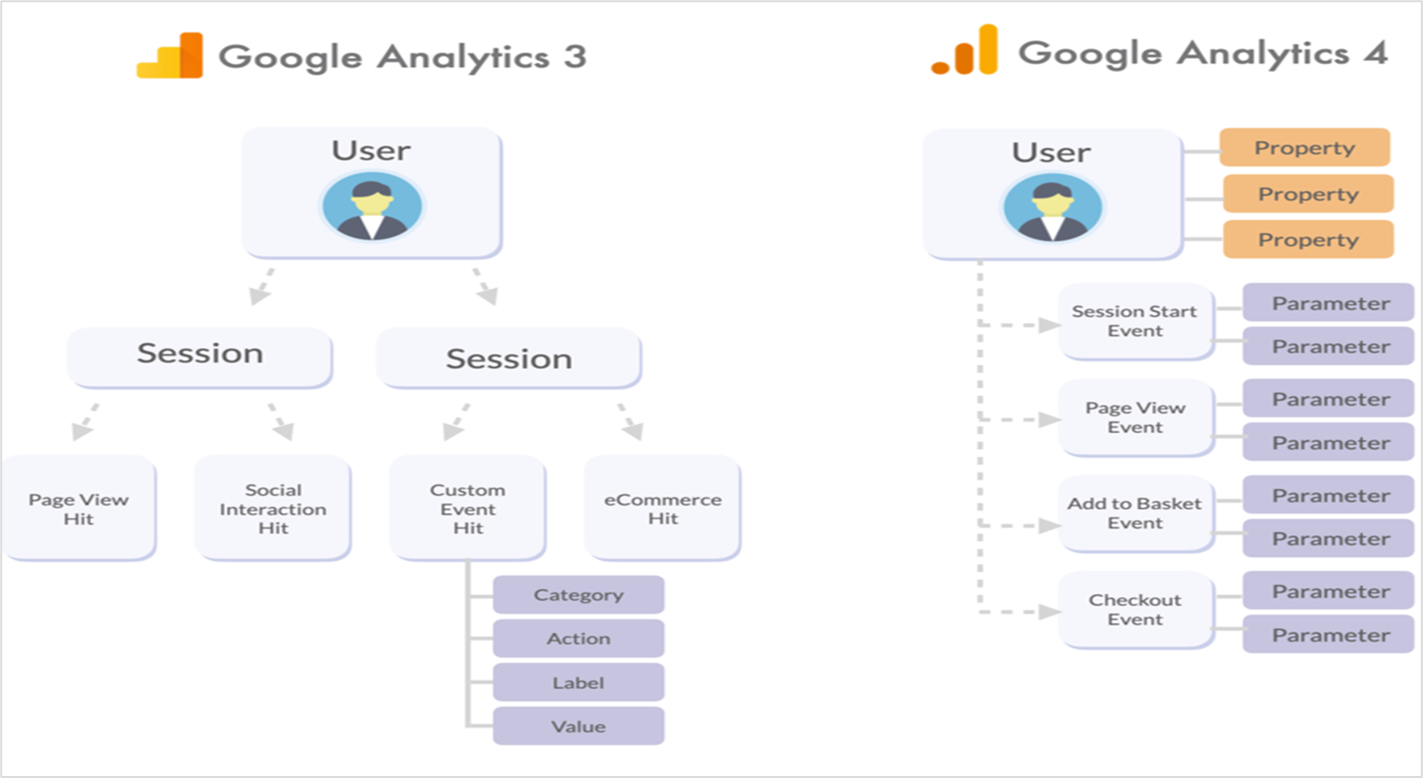
Let me give you an example here:
Let us assume we have a customer named Sarah, who is visiting a landing page of an e-commerce website on a desktop. She then proceeds to the product page and adds a product to the cart.
Then she is interrupted by something else and leaves the site without making the purchase. Later on the day, she goes back to the site from her mobile and makes the purchase.

Now let us look at how this journey would be captured in UA and GA4 to understand the data model better.
Universal Analytics would track Sarah's website visit as a session with several pageviews (landing page, product page, cart page). It would require a separate property for the app, so her purchase from the mobile device wouldn't be captured unless you set up cross-device tracking (complex and unreliable). It also wouldn't capture the full user journey across devices, making it difficult to understand Sarah's complete behavior.
GA4 would track Sarah's interactions across both the website and app as events with additional details. Similar to UA, GA4 captures her website visit as a series of events (page_view, add_to_cart) but it also tracks her app purchase as an event (purchase), potentially with details like product name and price if property parameters were added. It also provides a more holistic view of Sarah's journey, allowing you to see how she interacted with both platforms before making the purchase.
3- Measurement
UA measures different devices and platforms separately. GA4 offers enhanced measurement capabilities, allowing for more comprehensive data collection across multiple devices and platforms.
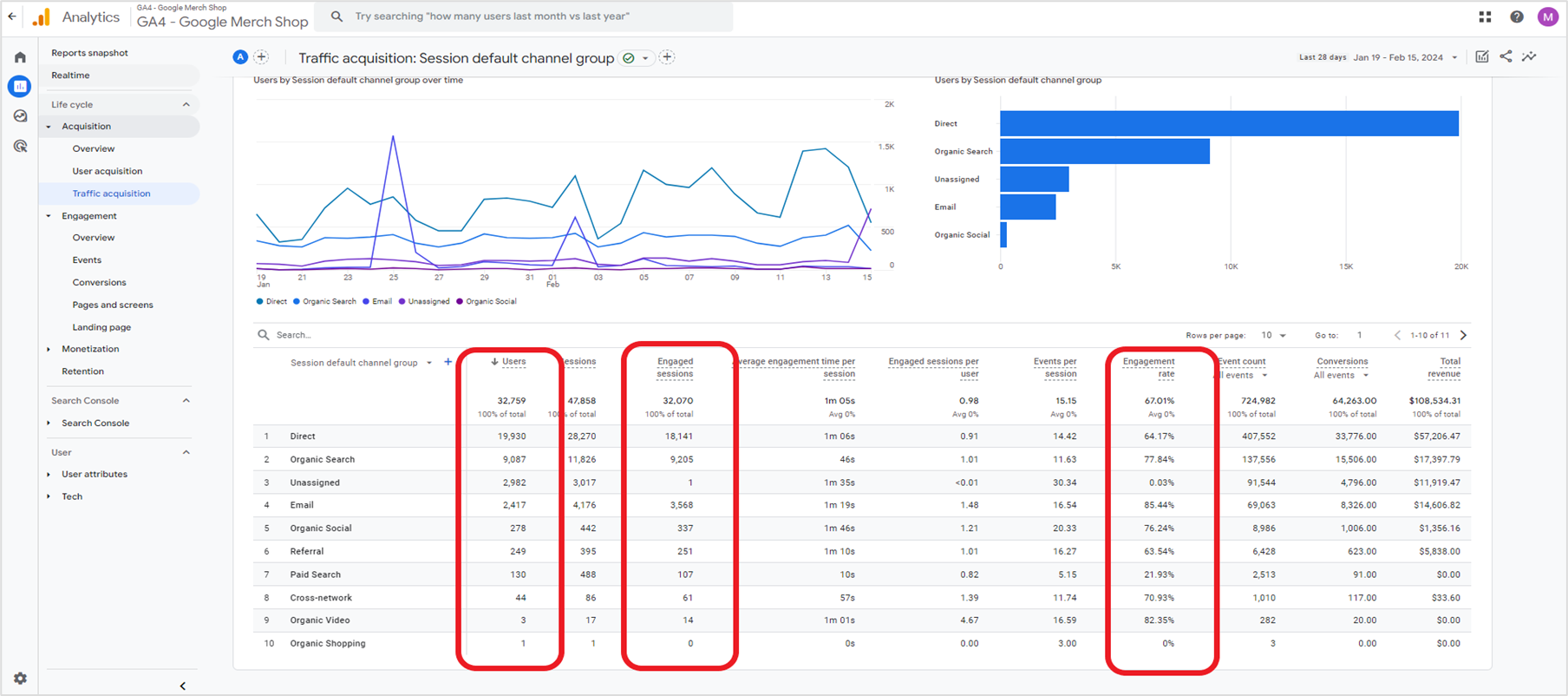
4- Machine learning and predictive analytics
GA4 incorporates AI-driven solutions to address gaps in conversion data through behavioral and conversion modeling techniques. This approach enables a comprehensive performance assessment while safeguarding user privacy. These advanced technologies are not accessible within UA properties.
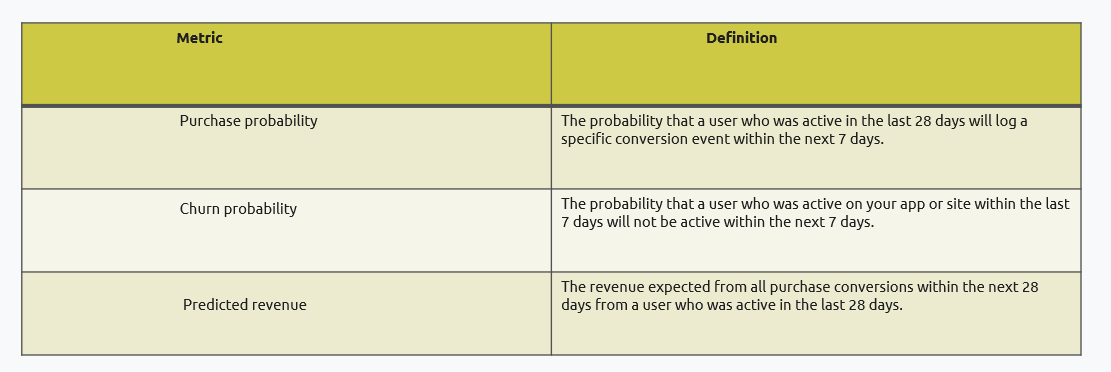
- Analytics Insights in GA4: Analytics Intelligence is a set of features that uses machine learning and conditions you configure to help you understand and act on your data. Analytics Intelligence provides two types of insights.
- Automated insights: Analytics Intelligence detects unusual changes or emerging trends in your data and notifies you automatically, on the Insights dashboard, within the Analytics platform.
- Custom insights: You create conditions that detect changes in your data that are important to you. When the conditions are triggered, you see the insights on the Insights dashboard and optionally receive email alerts. You can create up to 50 custom insights per property.
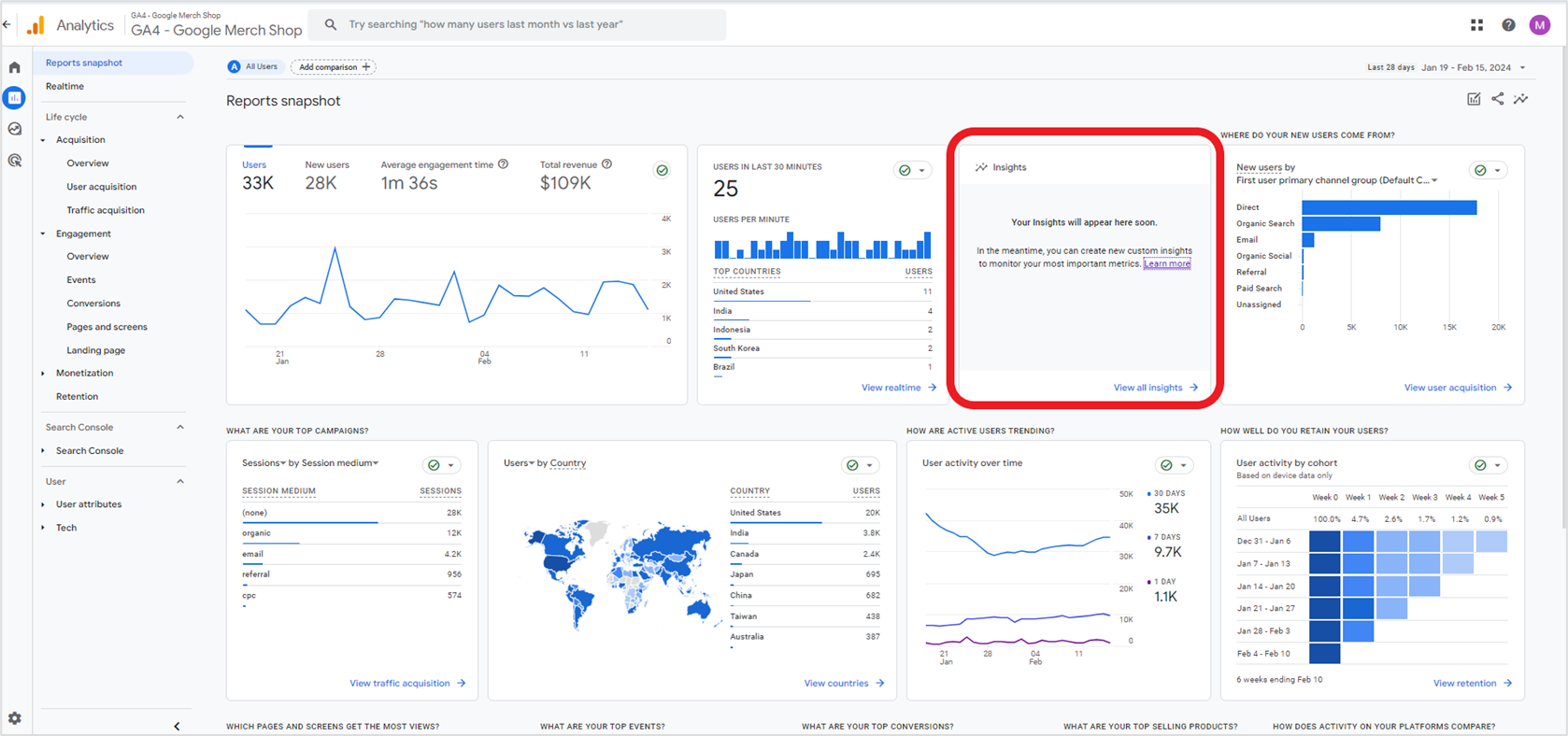
5. For the organizations who are starting or have not started the migration yet, can you provide some key things to consider, that they need to pay attention to, maybe in practical steps so everyone can understand?
In general, familiarize yourself with GA4's reporting interface and metrics. Interpret data within its new context and adapt your analysis techniques. Export and store UA 360 data before it is deleted. If you want to start migration now, you can take the below 4 key steps:
- Account structure: Decide how your GA4 properties will be organized based on websites, apps, and business needs.
- Data streams: Set up data streams for each platform (website, app) ensuring you collect all relevant data.
- Exclude internal IP address
- Implement consent mode (GDPR (General Data Protection Regulation )&CCPA (California Consumer Privacy Act)) (get consent from the user before you store information about the behavior that they make on or website
- Redact personal data from URLs’ (GDPR&CCPA)
- Enhanced measurement: Activate Google Signals for cross-device tracking and remarketing capabilities.
- Custom events, e-commerce, and data import: Map UA custom events, migrate e-commerce measurement, and consider importing additional data sources.
Here is a detailed GA4 Migration checklist for those who are interested.
6. So, for the organizations who have not started migrating yet and given the timelines, is it something that we can help with?
As NMQ Data Analytics team, we can help with all the migration process, including;
- Help them utilize Google's resources to understand GA4 concepts, configurations, and analysis methods
- We assist with GA4's migration, implementation, reporting
- We help organizations extract their legacy universal analytics data
For those who want to watch the recording, here it is!


